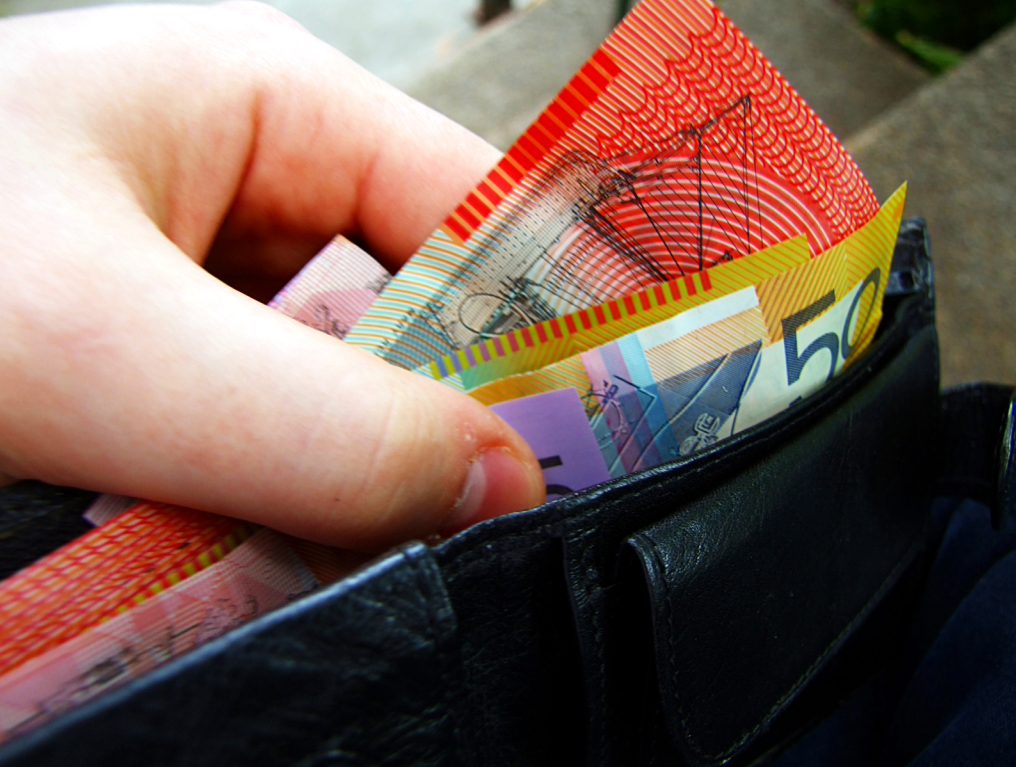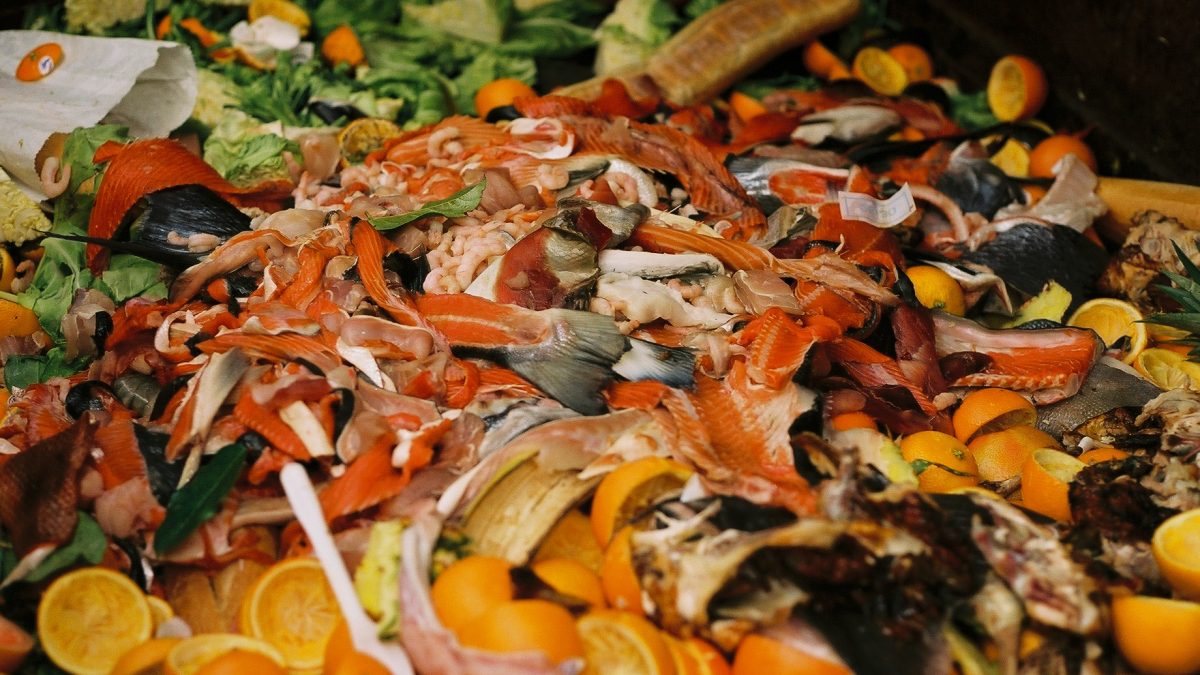
Study & Poll confirms: Workers want their weekends & penalty rates
October 18, 2016Zero waste means using all of a resource in some sort of productive way, and when you are talking about food, it can make a big difference for greenhouse gas emissions and also landfill.
Take for example the average household here in Australia.
More than a third of what we put in the bin is food waste, equalling 4.3 million tonnes. A whopping 87% of that waste goes to landfill, with only 11% being recycled and around 1% going to energy from waste facilities!
There are certainly many ways to reduce your food waste, the Environmental Protection Authority lists just a few ways for households and businesses to do so.
What we need however is a revolution in the way we currently deal with food waste, where those reduction methods (and more!) together can ensure that nothing actually goes to waste.
In the news over the last few days, 30yo Sydney chef Josh Niland has become the first Australian ever to win the internationally prestigious James Beard book of the year award for his debut book The Whole Fish Cookbook. His book elaborates on the zero-waste techniques he uses in his restaurant, a so-called “fin to gill” approach to cooking.
Its this creative thinking about how we use all our food within our modern food systems that we need to (re)learn .
In terms of the City of Sydney, we are far behind on the collection of food waste, only last year conducting a small trial in the area, well behind Penrith City Council which started their program back in 2009. Its not good enough, and we need to fast-track this program to the implementation stage as soon as possible if we are to have any chance of keeping emissions in check.
Individuals, communities, councils, state and federal governments can all come together to agree on a productive way to deal with food waste and it take a goal on the horizon and a lot of hard work to get there.
Zero food waste is possible. We just need the will to make it happen.

